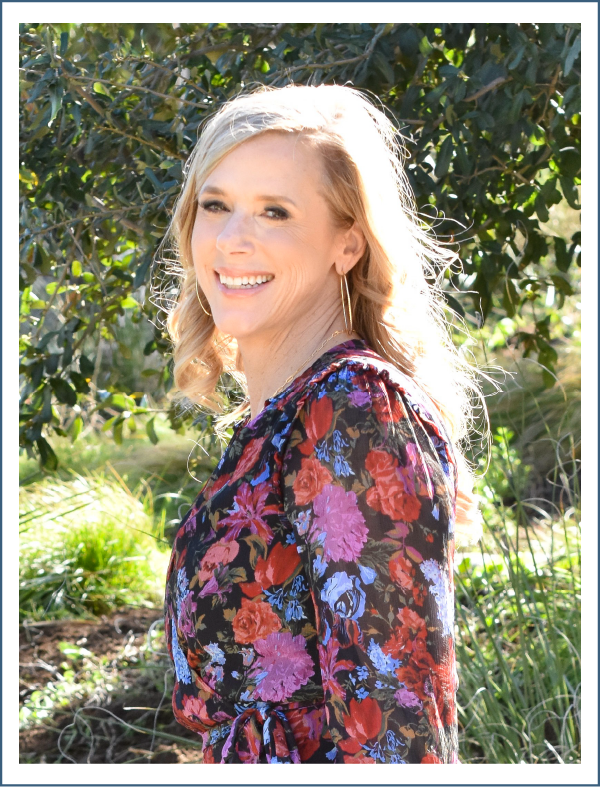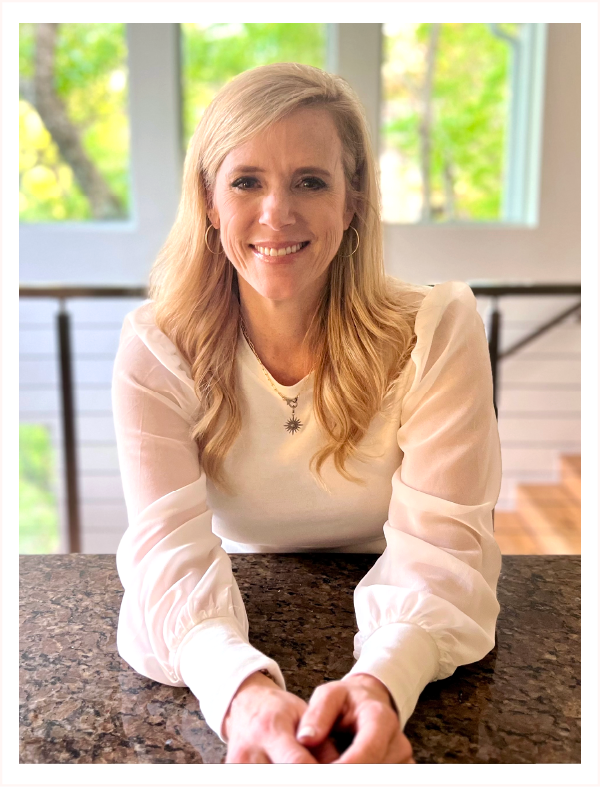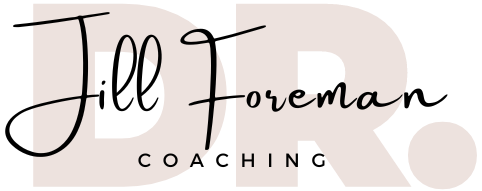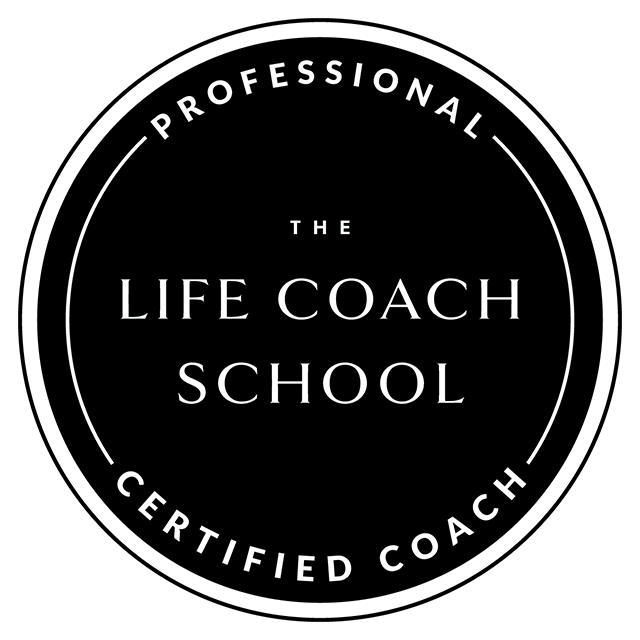Therapy works.
Therapy + coaching works even better.
Coaching is active, direct, practical, and instructive. And often faster and easier than more therapy.
Over 25 years of experience means that I can help with all kinds of issues that don’t need psychotherapy, such as:
Following through on your goals, instead of making the same New Year’s resolution every year
Coping with overwhelm, procrastination, organization and “I don’t have enough time”
Improving relationships with family, friends and colleagues
Working through life transitions, such as an empty nest or starting a new career
Creating confidence to make decisions, try new things and embrace failure as part of the process
Helping aging parents or a loved one with dementia
Living with a partner who has a mental illness
For those who have had therapy: changing the things that you now understand better, but didn’t learn what to do differently

Why Would A Psychologist Become a Life Coach?
I’ve been the client of both, but following up therapy with life coaching created true transformation. Therapy helped me understand my past and cope with some challenging life events. I gained insight, but I wanted more tools for change.
Life coaching is what helped me to follow through on goals that I’d never achieved, to plan and live my life in an intentional way, and to become the best version of myself. I felt so strongly about this process that I decided to shift careers and become a life coach.
And there are many advantages:
As a psychologist, I have to give my clients a mental health diagnosis and share their personal information with insurance companies. As a coach, I don't have to look for pathology, and I can keep everything truly confidential.
As a psychologist, I can work only with people who live in my state, but as a coach, I can help anyone, anywhere.
Therapists are vulnerable to burnout. Doing both therapy and coaching protects me from burnout and keeps me at my best.
My clients focus on challenges that don’t need therapy, but still get the benefits of my 25+ years of experience as a therapist.
Life coaching IS:
Identifying exactly what you want out of life and how to get there.
Determining what is holding you back from completing your plans.
Teaching you frameworks for creating and reaching goals, handling relationships, processing negative emotions, and much more.
Separating out the facts in your life from your thoughts about them.
Questioning your assumptions and creating a new perspective.
Understanding how your own brain can get in the way of change, and how to manage it.
Focusing on the present and the future, not on the past.
Life coaching is NOT:
A substitute for psychotherapy. I work with individuals as either a psychologist or a coach, but not both.
A paid friend or cheerleader who will agree with everything you say.
Forced accountability by creating pressure. Coaching teaches you how to keep your word to yourself.
Telling you what to do. I teach you how to confidently make decisions with no regrets.
Necessary for the rest of your life. In coaching with me, you learn how to coach yourself.
For people who are having difficulty functioning; for example, depression or anxiety is interfering with daily life, having suicidal thoughts, or actively working through trauma.
Coaching with me will help you learn to live the life that you really want.
You can make changes that you never thought were possible.

Schedule a complimentary, one-hour video consultation to learn more about my coaching and if it might be right for you:
I’ll ask questions to understand your goals.
I’ll give you examples of what it might be like to work together.
I’ll give you practical tips to start using right away.
You can ask me any questions you’d like.
If you’re not sure if you need therapy or coaching, I’ll help you figure it out.
You may be afraid that….
I’m going to tell you that all you have to do is change your thinking...
This is much more than thought work. Coaching includes all kinds of education and tools, and creates a new perspective.
My cognitive coaching model uses a practical five-step process to figure out what to do differently.
I’ll try to hard sell you my program...
I only accept clients who I believe are a good fit, so I won’t waste our call that way.
I’ll want to spend our time learning about your goals and what you've tried, not telling you about me.
What others are saying...

“Jill asks questions that are like unlocking a little door in your brain so you can see a hallway with lots of other doors that open up to different ways of seeing things. In her gentle but organized way, she’s helped me untangle my big spaghetti bowl of thoughts and feelings so that everything makes sense and I can change so many things that I don’t like about my life. Coaching is part of my self-care.”
—Lisa B.

“Because of coaching with Dr. Jill, I realized I didn’t have to be skinny to quit my job and follow my dream of working as an artist. I actually did it, and now I love my life, and this never would have happened without her! She is calm and curious and this helped me find my courage.”
—Marie H.

“Jill helped me figure out a really complicated work situation where I felt stuck and didn’t even know what I wanted. I would not have thought of the questions she asked to get me to my decisions. We made a plan that helped me get through some tough meetings and now I am in a so much better place with work, and my whole life actually.”
—Catherine K.
Let's work together to change your life.
If you choose to work with me, this is as a coach and not as a psychologist. Coaching does not prevent, cure, or treat any mental or medical condition, and is not a substitute for psychotherapy with a licensed mental health professional. Although I am a licensed psychologist, my coaching is a separate business that is not intended to diagnose or treat mental illness.
3 things I learned in coaching that I didn't get from therapy
©2023 Dr. Jill Foreman. All rights reserved. | Privacy Policy | Terms | Disclaimer


